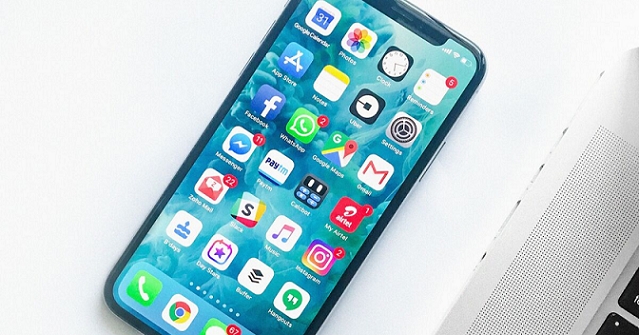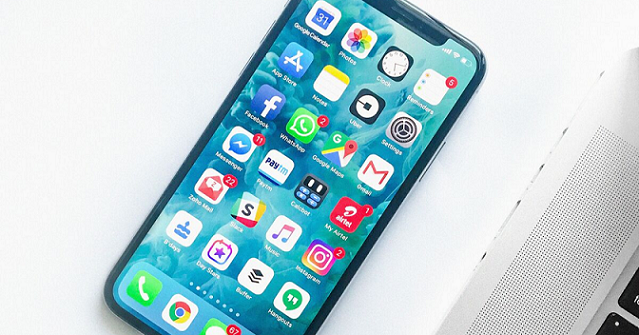
 The State of the Industry: Mobile Marketing in APAC 2019
The State of the Industry: Mobile Marketing in APAC 2019
Mobile is increasingly seen by marketers in APAC to be an effective marketing channel, but as it continues to be a disruptive force across industries, it has yet to reach its potential.
These are some of the findings included in The State of the Industry: Mobile Marketing in APAC 2019, an annual report released today, providing a current snapshot into how brands, agencies and tech vendors see the impact of mobile – its use as a tool for advertising effectively, as well as opportunities and concerns.
The report is based on a survey of 764 marketing professionals from 23 markets across Asia Pacific carried out by WARC, the global authority on advertising and media effectiveness, on behalf of the Mobile Marketing Association (MMA), the world’s leading global non-profit trade association.
The report highlights the following key insights in APAC:
Mobile disruption and innovation
Mobile marketing continues to be a disruptive force with 94% of survey respondents seeing an impact, of which just under half (49%) see mobile as a major disruptor, while 45% expect a bigger impact in the future.
Mobile payments have remained significant for marketers in APAC with 52% of respondents agreeing that it is a key consumer behaviour.
Travel, transport and tourism is seen as the most innovative sector in mobile (40%), closely followed by retail (36%), financial services (35%) and leisure and entertainment (35%).
Unilever is cited as the most innovative brand in APAC, and China the most innovative country, selected by 61% of respondents.
Mobile strategy, budgets and integration
Although the majority of marketers are connecting their mobile strategies to other marketing activities, marketers in APAC markets are split in the difficulty of transferring strategies across countries, with internet penetration and technology adoption varying among countries.
Mobile budgets continue to increase, with 31% of respondents now allocating more than 30% of their marketing budgets to mobile, and 83% expect their budgets to increase over the coming year.
Marketing technology will be a significant investment with almost 60% of respondents allocating over 10% of their budget to tech.
Mobile tactics and technologies
Mobile web display and in-app display are the most popular form of mobile advertising cited by 48% of marketers, but branded content continues to show the most potential for future growth (54%). In APAC, the biggest swing in prioritisation is for mobile-based loyalty schemes. This year 19% of respondents will focus on loyalty schemes, but in five years’ 38% expect to do so.
Location data remains at the core of mobile this year but 43% of respondents expect mobile wallet, followed by artificial intelligence (41%) and augmented reality (37%) to drive mobile growth in five years’ time.
Social media is the most commonly used channel for mobile marketing, and while Facebook is the most used platform at 93% (a slight decrease from 95% last year), the use of Instagram (up from 68% to 82%) and YouTube (up from 71% to 82%) have grown significantly this year.
Barriers and challenges
Over 70% of marketers are confident that they fully consider viewability, fraud and transparency to ensure brand safety.
However, measurement and ad fraud remain the main barriers to the growth of mobile marketing. This means that the use of engagement metrics, the primary way of measuring mobile marketing effectiveness, needs to be monitored.
Summing up, Amy Rodgers, Managing Editor Research & Rankings, WARC, commented: “The findings of this year’s survey reveal that mobile marketing is becoming increasingly more effective and is impacting all sectors across APAC, and this is set to continue with significant budget increases going towards social and mobile content.”
